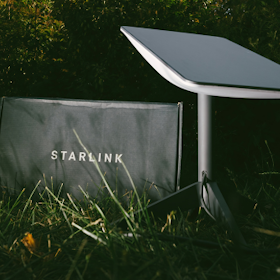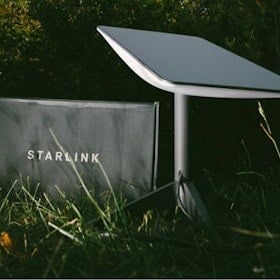
WhistleOut fast facts
- Crash Detection in Apple’s iPhone and Watch models is meant to save people in car crashes or other serious accidents.
- Users are finding that their devices are also calling 911 for help with rollercoasters and skiing.
- The false positives impact users and medical teams, spreading resources thin.
- However, the risk of turning off crash detection is high for skiers on mountains.
In September 2022, Apple released iOS 16 for iPhone and iPad and watchOS 9 for the Apple Watch. The operating system included a new feature: crash detection. Apple developed the feature so that if iPhone or Apple Watch users were in a severe car crash, the devices could connect to emergency services and get help immediately.
The feature has been instrumental in saving the lives of countless people around the globe—from North Carolina to Germany.
But in recent weeks, the system has also seen a rash of false positives.
Skiiers in Canada have been triggering emergency service calls due to bumpy trails and crashes while on the slopes. In the US, roller coaster enthusiasts found that the intense movements, “including rapid deceleration,” were registered by crash detection as a crash, resulting in a call to emergency services.
While skiers and roller coaster riders can experience life-threatening injuries, these false alarms have led theme parks like Dollywood to prohibit iPhones, Apple Watches, and similar devices on attractions. Numerous users reported unnecessary 911 calls due to roller coasters.
These false alarm calls can burden emergency service operators and prevent them from responding to real accidents. Emergency calls have jumped in Canada, particularly in ski resort areas where they are stretching the resources of search and rescue teams.
So what is Apple doing about this?
The company has released updates to the OS that should fix false alarms. The updates are meant to limit false detections, and phone settings now allow users to disable crash detection.
However, Apple has not addressed any of the issues directly, and it is unclear how the optimizations in the update will fix the problem.
Apple released iOS 16.3.1 on February 13, 2023, with “crash detection optimizations on iPhone 14” models. It’s unclear if the company will release an updated watchOS to fix crash detection sensors on the Watch.
How does crash detection work?
Crash Detection is an Apple feature available on iPhone 14 and iPhone 14 Pro models (and above) using at least iOS 16, along with recent Apple Watch models using watchOS 9 and above.
The system is "designed to detect severe car crashes" and will sound "an alarm and display an alert" when it believes you have been in a vehicle crash.
The iPhone and Watch will give users 20 seconds to respond and either make an emergency call or cancel the crash alert; if users do not respond within 20 seconds, the system will automatically call emergency services and say, in part, “The owner of this iPhone was in a severe car crash…."
Apple uses location services to send emergency responders and contacts to your location within a search radius.
Apple will use satellites to place emergency calls in locations without cell services, like ski mountains.
Crash Detection is turned on by default, and Apple recommends setting up emergency contacts, location services, and a Medical ID in case you are in an emergency.
Join the more than 130,000 people who follow WhistleOut to find technology they love.
Related Articles
Find Better Internet and Phone Plans
Hundreds of internet plans unpacked. All the facts. No surprises.
Internet Providers by Provinces and Territories
- Internet in Alberta
- Internet in British Columbia
- Internet in Manitoba
- Internet in New Brunswick
- Internet in Newfoundland and Labrador
- Internet in Northwest Territories
- Internet in Nova Scotia
- Internet in Nunavut
- Internet in Ontario
- Internet in Prince Edward Island
- Internet in Quebec
- Internet in Saskatchewan
- Internet in Yukon Territory




























